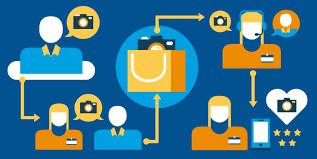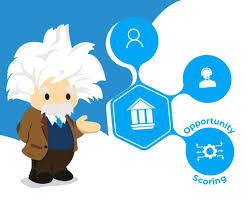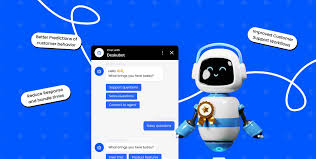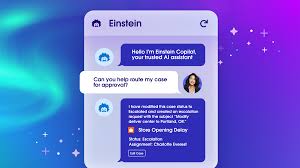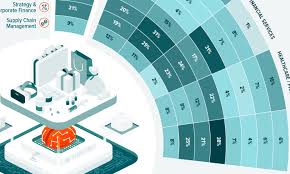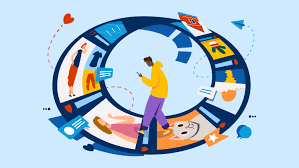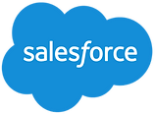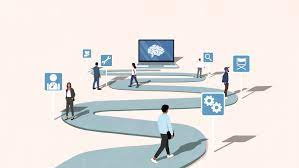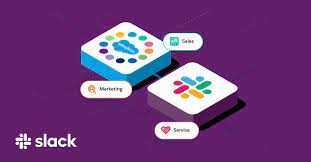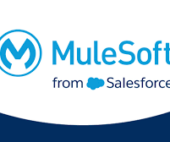Salesforce Service Assistant Now Generally Available
Salesforce Service Assistant Now Generally Available in Service Cloud Salesforce has officially launched Service Assistant in Service Cloud, bringing AI-powered agent guidance to customer service teams. The assistant creates step-by-step action plans to help agents resolve queries efficiently by analyzing intent, case history, and customer context. Previously known as Salesforce Service Planner, the solution entered a pilot phase in October 2024 and is now live just four months later. Enhancing Accuracy with Data Cloud Integration To maximize accuracy, Salesforce recommends integrating Service Assistant with Data Cloud and the contact center knowledge base. This connection enables the assistant to access critical business processes and customer history across service, sales, marketing, and more. Key Features of Service Assistant Beyond real-time agent guidance, Service Assistant introduces two standout capabilities: This continuous learning cycle improves agent proficiency, enhances customer satisfaction, and reduces Average Handling Time (AHT). What’s Next for Service Assistant? Despite these capabilities, Salesforce plans to further enhance Service Assistant. In a recent webinar, Kevin Qi, Associate Product Manager at Salesforce, revealed upcoming enhancements in the Summer ’25 release (June 2025): “The next phase of Service Assistant involves actionable plans. It will not only guide service reps but also automate steps like looking up orders and checking eligibility to speed up case resolution.” Beyond summer, Salesforce aims to make Service Assistant more adaptive, supporting additional channels such as messaging and voice while dynamically adjusting to case context changes. Expanding AI & Agentforce Capabilities in Service Cloud Alongside Service Assistant, Salesforce has introduced several AI and Agentforce capabilities across Service Cloud. Highlighted features include: What’s Coming in the Summer ’25 Release? One of the most anticipated features in June 2025 is Agentforce: Service Actions in Slack. Salesforce already enables case swarming in Slack, allowing agents to collaborate with external teams. Now, this guidance will be automatically recorded in the case summary and converted into knowledge articles for future reference. Other upcoming knowledge management features include: Custom AI with Agentforce Beyond prebuilt AI solutions, Agentforce enables brands to create AI-powered workflows tailored to their needs. Service teams can: By integrating Agentforce with Data Cloud, businesses can connect cross-platform workflows and automate enterprise-wide operations. Content updated March 2025. Like Related Posts Salesforce OEM AppExchange Expanding its reach beyond CRM, Salesforce.com has launched a new service called AppExchange OEM Edition, aimed at non-CRM service providers. Read more The Salesforce Story In Marc Benioff’s own words How did salesforce.com grow from a start up in a rented apartment into the world’s Read more Salesforce Jigsaw Salesforce.com, a prominent figure in cloud computing, has finalized a deal to acquire Jigsaw, a wiki-style business contact database, for Read more Service Cloud with AI-Driven Intelligence Salesforce Enhances Service Cloud with AI-Driven Intelligence Engine Data science and analytics are rapidly becoming standard features in enterprise applications, Read more

